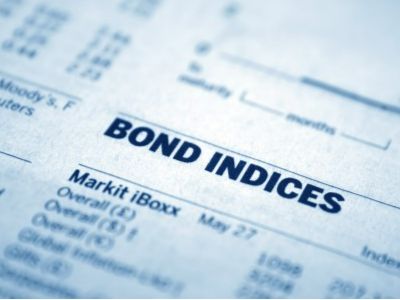HSBC Private Banking: The recent adjustment in the Hong Kong stock market is of a technical nature, while the continued upward trend still relies on fiscal stimulus.
2024-10-10 14:07
Fan Zhuoyun believes that after a rapid rise in the mainland and Hong Kong stock markets, the recent adjustment is a short-term technical correction. Whether the upward trend in the Chinese stock market can continue will depend on the strength of fiscal stimulus policies, which remains key to reversing China's structural growth prospects.
Vivian Fan, Chief Investment Officer of HSBC Global Private Banking and Wealth Management in Asia, stated that the Chinese State Council announced that a press conference will be held on October 12 to introduce measures to "increase the counter-cyclical adjustments of fiscal policies." The bank expects the Chinese government to intensify fiscal stimulus measures to complement monetary easing policies, in order to boost domestic demand and support economic growth. The bank believes that the recent adjustments in the mainland and Hong Kong stock markets after a rapid rise are short-term technical adjustments, and whether the upward trend in the Chinese stock market can continue will depend on the level of support from fiscal stimulus policies, which is still the key to reversing China's structural growth prospects.
She pointed out that the baseline scenario predicts that the scale of the new fiscal stimulus measures will be 1 trillion yuan, with 500 billion yuan allocated for direct consumer stimulus and another 500 billion yuan for key projects in the "14th Five-Year Plan." The bank also expects the Chinese government to allocate an additional 1 trillion yuan to support bank capital increases, but the timetable for the specific implementation of fiscal stimulus measures by the Ministry of Finance is unclear.
After this upward trend, the forecasted price-to-earnings ratios for the S&P 500 Index and MSCI World Index for the next year are 21.8 times and 19.6 times, respectively. Currently, the forecasted price-to-earnings ratios for the MSCI China Index, Hang Seng Index, and Shanghai and Shenzhen 300 Index are 11.5 times, 9.8 times, and 14.4 times, indicating a significant discount in valuation.
The bank prefers high-quality high-yield Chinese state-owned enterprises, as well as blue-chip technology and internet companies with stable profits and valuations far below global peers. As for the Hong Kong market, the bank is optimistic about high-yield stocks in the insurance, telecommunications, and utilities sectors with low valuations, as well as individual property developers that are oversold but have strong financial conditions.
To reflect the favorable factors brought by the new round of support measures in the mainland capital market, the bank has raised its 2024 year-end index targets for the Shanghai Composite Index, Shanghai and Shenzhen 300 Index, and Shenzhen Composite Index to 3800 points, 4700 points, and 12000 points respectively. The bank expects the long-term low interest environment in China to continue, and the People's Bank of China's accommodative policy will provide good support for Chinese investment-grade bonds. The bank maintains a neutral view on Chinese local currency bonds and major currency bonds. The bank also maintains a neutral view on the US dollar against the Chinese yuan, with a forecast of 7.2 by the end of 2024.
RECOMMEND

AMAC: In January, 137 new asset-backed special plans were filed, with a total scale of 1122.64 billion yuan.
26/02/2025

Schroder Investment: Investors should consider allocating funds to securitized credit and insurance-linked securities.
26/02/2025

Reuss County Asset Annual Reflection: Policy Tipping Point is very clear. The semiconductor industry in 2025 is a game for the brave.
26/02/2025


